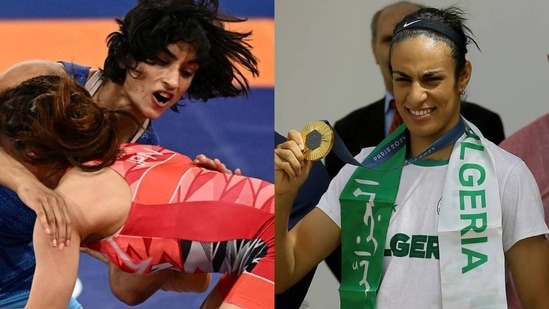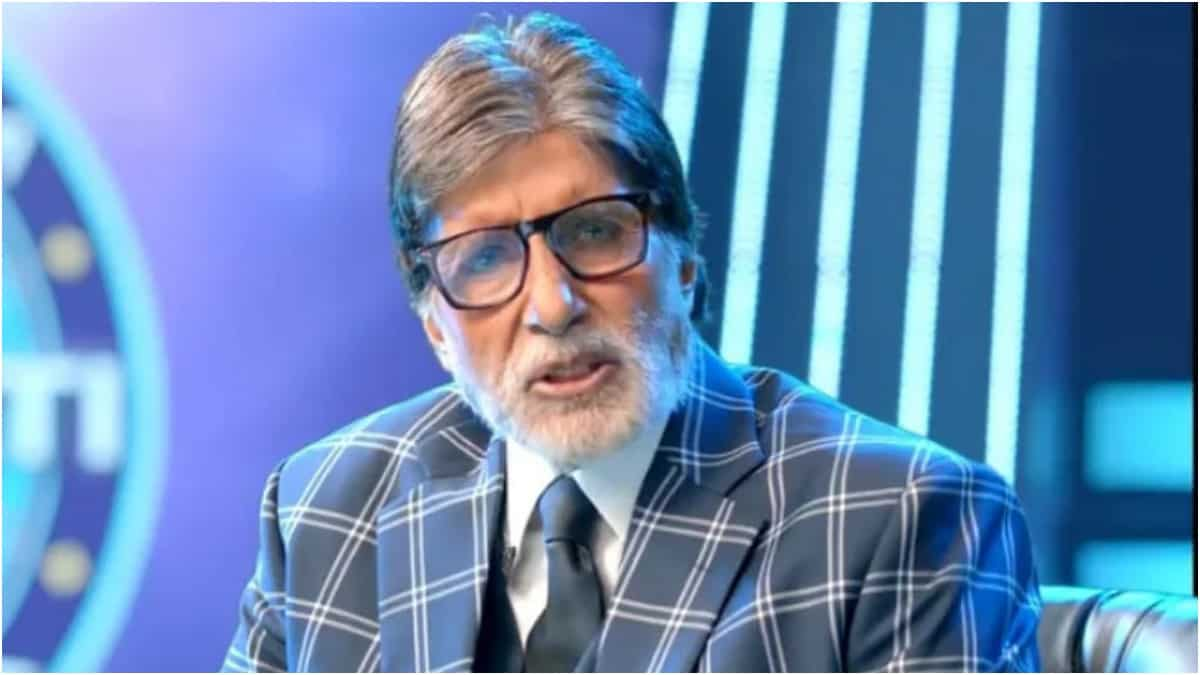
Vinesh Phogat's disqualification to Imane Khelif gender row: Biggest controversies that rocked Paris Olympics
7 months ago | 88 Views
Several high-profile controversies have overshadowed the Paris Olympics 2024, focusing not only on the athletes involved but also on the governance and integrity of the Games. Let’s take a look at five such controversies:
- One of the most debated issues surrounded Algerian boxer Imane Khelif, who faced immense scrutiny due to a gender eligibility controversy. Khelif, who dominated her matches at the Olympics without conceding a point, had previously been disqualified from the 2023 World Championships. The disqualification was based on an undisclosed gender eligibility test, which allegedly revealed high testosterone levels and XY chromosomes. However, the specifics of the test were never published, leading Khelif to denounce the decision as a "big conspiracy." The International Boxing Association (IBA) faced criticism for its handling of the situation, particularly after it banned Khelif from competing, despite no concrete evidence being released. The IOC, which had already distanced itself from the IBA, reaffirmed the athletes' eligibility to compete in Paris, raising questions about the fairness and transparency of gender testing in sports.
- In gymnastics, American gymnast Jordan Chiles was embroiled in controversy after being stripped of her bronze medal in the floor exercise. Chiles initially placed fifth but was bumped to third after her coach's successful appeal to adjust her score. However, the Romanian Gymnastics Federation challenged the timing of the appeal, claiming it was made four seconds after the official one-minute window. The Court of Arbitration for Sport (CAS) sided with Romania, leading to Chiles' medal being reallocated to Romanian gymnast Ana Barbosu. The U.S. Olympic and Paralympic Committee expressed its dissatisfaction, citing evidence that the appeal was made within the allowed time frame, thus sparking a debate over the accuracy and consistency of the appeal process in gymnastics.
- Australian hockey player Tom Craig's actions off the field also made headlines. Craig was arrested in Paris for attempting to purchase cocaine, a serious violation of the Olympic code of conduct. His arrest led to an 18-hour detention and a subsequent ban from the athletes' village, stripping him of his remaining Olympic privileges. Craig, who later apologized for his actions, admitted to making a "terrible mistake" that embarrassed his team, his sport, and his country. His actions prompted Australian Olympic officials to issue a stern warning to other athletes about maintaining discipline during the Games.
- Indian wrestler Vinesh Phogat's disqualification due to a weight issue added another layer of controversy to the Games. Phogat, who made history by becoming the first Indian woman wrestler to reach an Olympic final, was disqualified for being 100 grams over the weight limit just before her gold medal game. Despite her team's desperate attempts to help her shed the excess weight, including extreme measures such as cutting her hair, Vinesh Phogat was ultimately replaced in the final by Cuba’s Yusneylis Guzman. Phogat's appeal to the Court of Arbitration for Sport (CAS) is still pending, and the outcome could potentially award her a silver medal.
- Lastly, the men's and women's triathlons held in the Seine River became a focal point of health concerns, with several athletes falling ill after swimming in the polluted waters. Despite significant investments to improve the water quality, the Seine's pollution levels remained problematic due to summer rains and untreated wastewater discharge. Belgian triathlete Claire Michel and Irish swimmer Daniel Wiffen were among those who required medical attention after participating in the events.





















